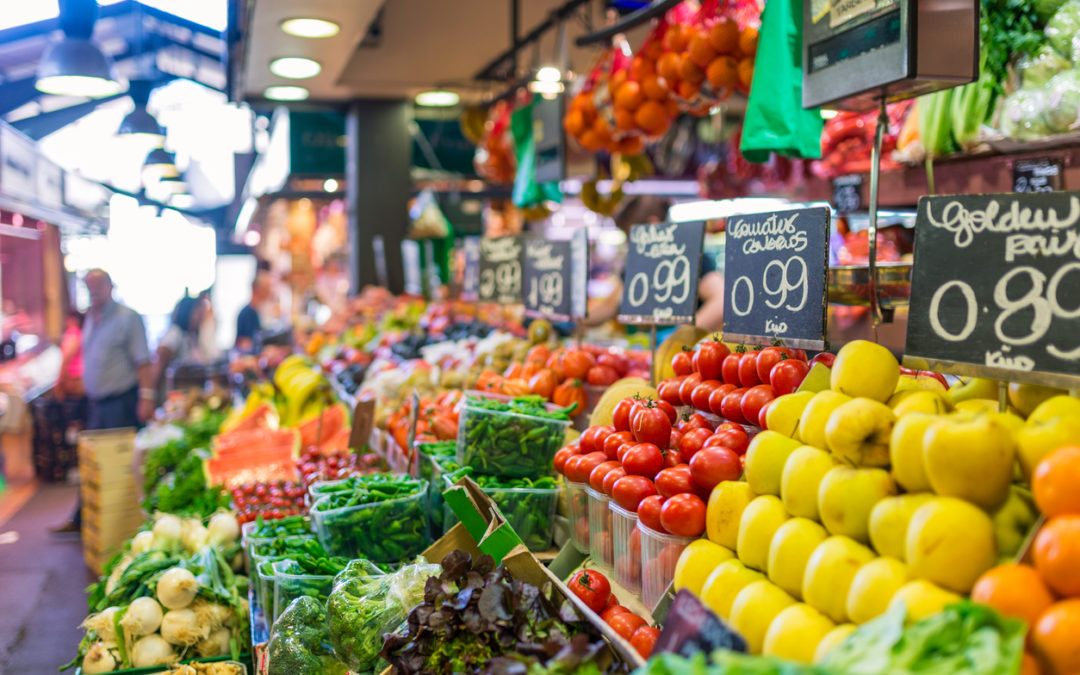The new CARTIF project of food sector, FUSILLI, has begun today in its Kick off meeting with its 34 European partners. The main goal of this project will be to support participating European cities, and their main peri-urban areas, in the exchange of knowledge and mutual learning for the transformation of the food system. The project will take place in 12 cities in Europe.
This initiative, led by CARTIF, seeks to build and urban food plan that achieves a holistic, integrated and safe transition towards healthy, sustainable, safe, inclusive, equitable and profitable food systems. Today, the concentration of population in cities is increasingly high, which makes the logistics of food system difficult. Through innovative, viable and replicable urban policies with improvement actions at all stages of the food value chain, the project aims to create a more resilient and adapted system, always in line with the priorities of FOOD 2030 (Nutrition for sustainable and healthy diets; Climate-smart and environmentally sustainable food systems; Circularity and resource efficient food systems; and Innovation and empowerment of communities).
Each city will create or improve the development of a living lab, which is an open innovation ecosystem where concrete actions will be deployed to develop and implement urban food systems policies delivering on the four FOOD 2030 priorities. These living labs have an objective to solve with the implementation of different innovative actions through all the stages of the food chain: production and processing, distribution and logistics, consumption, food loss and waste, and governance. Living lab will involve several stakeholders representing all the actors in the food system at local level: it will have at least a public authority, industry partner (SME or association), consumer association and education.
A Knowledge Community will compile the current local initiatives to develop a catalogue of best practises to implement and exchange within the network of the participant living labs as well as other global initiatives.
